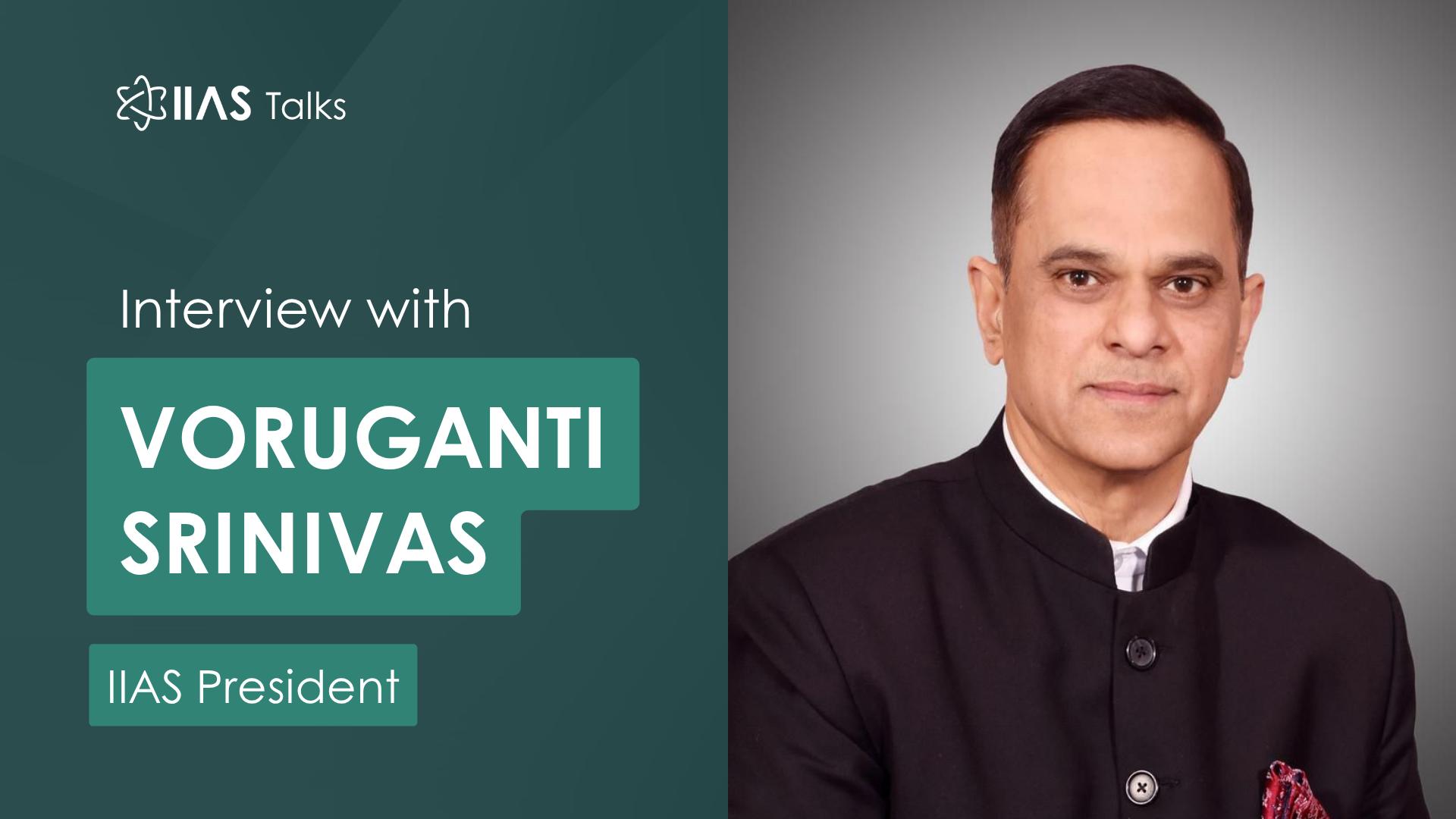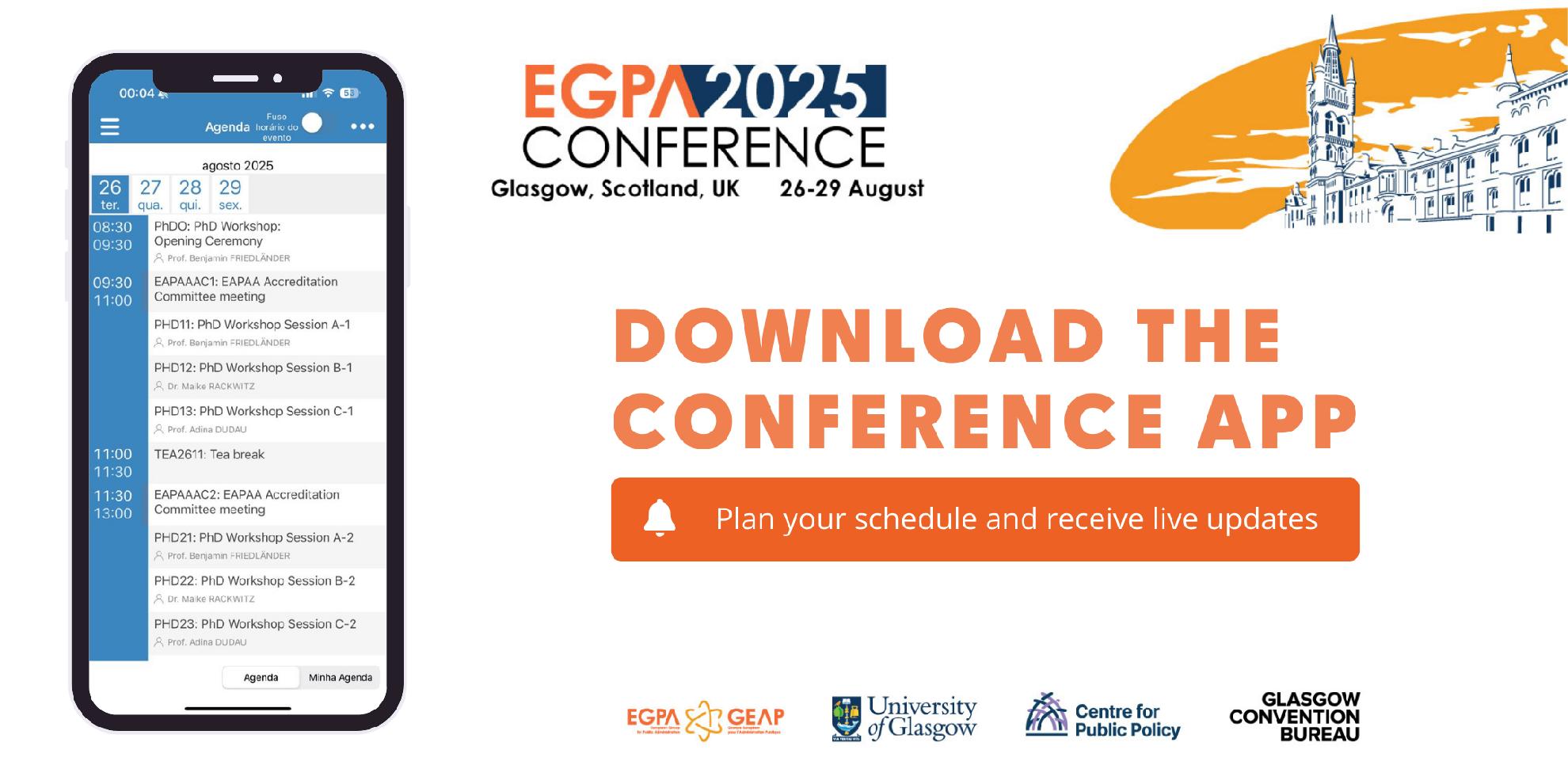_20250827135952.png)
IIAS President Outlines Five Commitments for EGPA@60
27 August 2025
During the IIAS Presidential Address during the Opening Ceremony of EGPA 2025 Conference, the IIAS President outlined the 5 commitments for vision EGPA@60.
In a keynote speech delivered at the Opening Ceremony of the IIAS-KSG Mombasa Conference 2024, Dr. Ra'ed Ben Shams, President of the International Institute of Administrative Sciences (IIAS), highlighted critical issues facing Africa and the world at large that impede the realization of international collaboration and effective governance.
Here are the key highlights from his address:
Challenging Misinformation and Distorted Perceptions: Dr. BenShams emphasized the importance of confronting and dispelling misleading narratives and stereotypes about Africa. He pointed out the impact of distorted maps and baseless rumors, underscoring how these falsehoods hinder international collaboration and perpetuate inaccurate perceptions.
Overcoming New Colonialism and Exploitation: Dr. BenShams spoke passionately about the need to address economic dependence and the exorbitant payments by some countries to ex-colonial powers in the form of raw minerals. He called for unity and resolve to build a future free from exploitation, stressing the importance of sovereignty and economic independence for nations.
Cultivating Leadership and Empowerment: Dr. BenShams emphasized that leadership is a collaborative endeavor that involves cultivating and inspiring other leaders. He advocated for a culture of mentorship, empowerment, and values-driven leadership to unleash the potential of individuals and create a ripple effect of positive change.
Embracing Diversity, Inclusivity, and Good Governance: Dr. BenShams highlighted the significance of embracing diversity, promoting inclusivity, and adopting good governance practices. He underscored the importance of ethical leadership, universal human rights, and multi-collateral governance to create a realistic and livable world that leaves no one behind.
In his conclusion, IIAS President reiterated the urgency of addressing misinformation, overcoming exploitation, cultivating ethical leadership, and embracing diversity and good governance. He urged practitioners to actively challenge and counteract misleading narratives, reduce economic dependence, and promote values-driven leadership. Dr. BenShams emphasized that by upholding these principles, we can pave the way for informed and productive partnerships that benefit all nations.
_20250827135952.png)
During the IIAS Presidential Address during the Opening Ceremony of EGPA 2025 Conference, the IIAS President outlined the 5 commitments for vision EGPA@60.

18 August 2025
The International Institute of Administrative Sciences (IIAS) is delighted to share an exclusive video interview with its newly elected President, Srinivas Voruganti. In this insightful conversation, President Voruganti outlines his vision, priorities, and strategic plans to guide IIAS toward becoming a future-ready, inclusive, and globally connected institution.

The EGPA 2025 Conference is just around the corner, and participants joining us in Glasgow, Scotland, UK, from 26 to 29 August 2025 can enhance their experience by downloading the official EGPA 2025 Conference App. The mobile app is designed to enrich attendees’ conference experience by providing tools to plan personalized schedules and receive live notifications throughout the event.